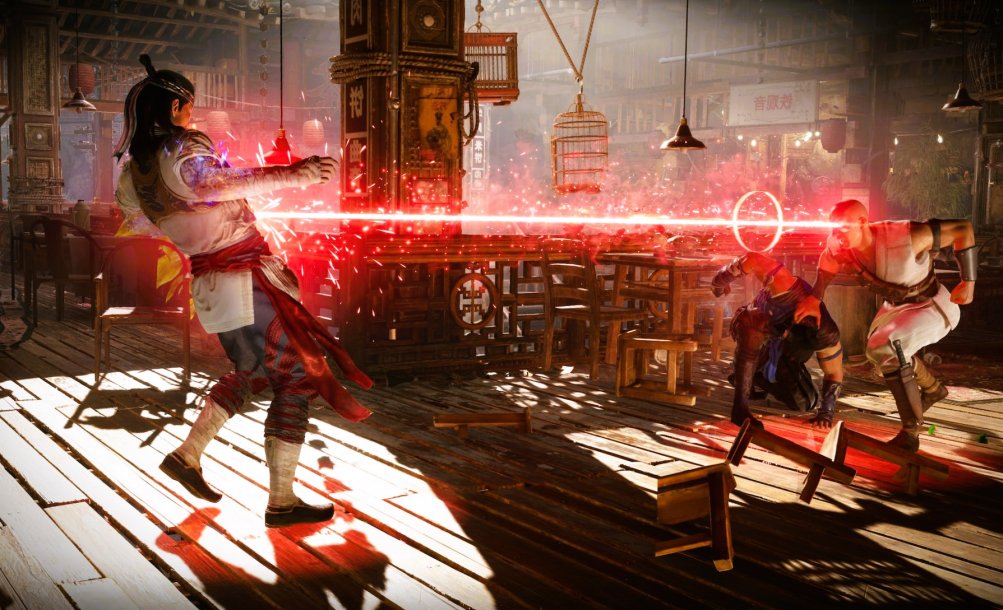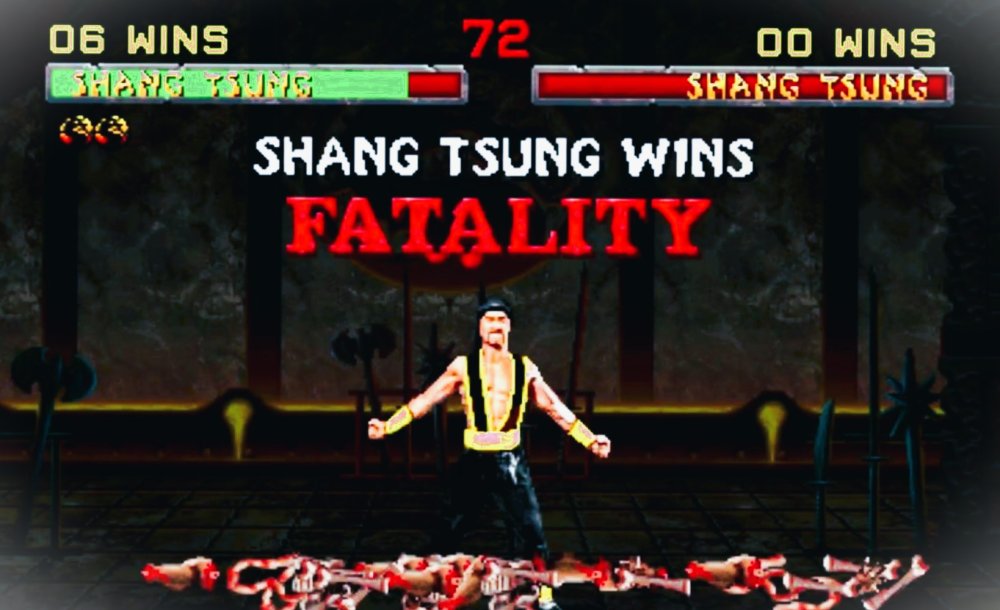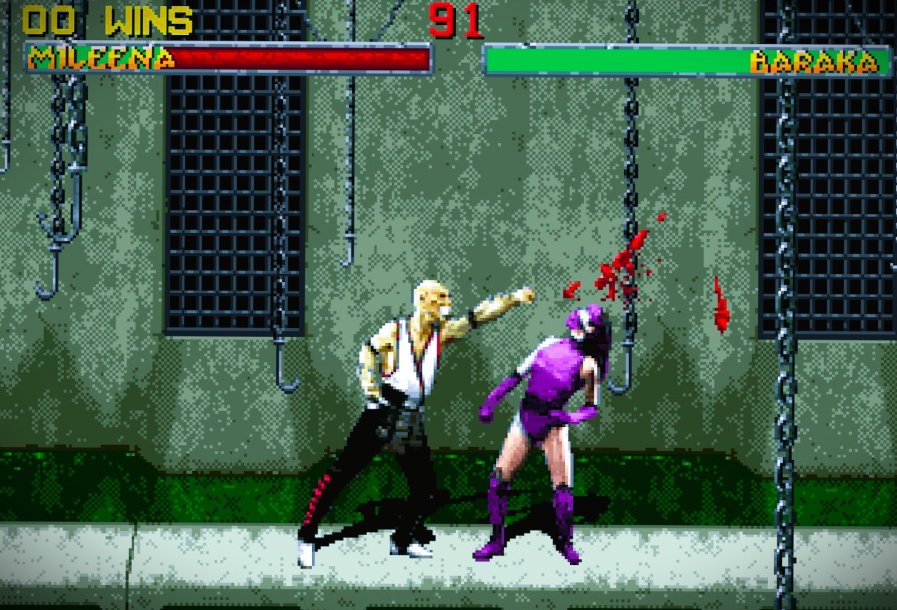
In November 1993, when Mortal Kombat II was released in arcades, its impact extended beyond the realm of gaming and was at the center of a congressional hearing on video game violence.
The game achieved enormous popularity, thanks to its graphics and a "cool" approach to gore that players found appealing. However, these elements drew the attention of a far more formidable adversary than Shang Tsung and Shao Kahn: the United States Senate. Instead of hindering the franchise's growing success, this scrutiny only underscored the franchise's enduring appeal.
In the early '90s, the issue of inappropriateness in pop culture, particularly in the context of violence, was a hot-button topic. Video games, typically perceived as a medium for children, became a focal point of concern. Initially, Mortal Kombat had managed to fly under the radar, residing in arcades, which were often seen as havens for dedicated enthusiasts rather than the broader, younger public. However, when the first Mortal Kombat game made its way to home consoles (alongside other contentious titles like the campy Night Trap), and with no nationwide ratings system in place, it marked the onset of the franchise's major controversies.

It's worth noting that efforts were made to mitigate the brutality of the game on certain platforms. For example, Sega Genesis players had to use cheat codes to enable the gore and full arcade-style Fatalities, while the Super Nintendo version was toned down overall. Politicians argued that these games were now accessible to children across America, with no clear way to alert people to their content, which they deemed borderline insidious.
Senator Joseph Lieberman, in his opening statements during the congressional hearing, stated that instead of enriching a child's mind, these games taught a child to enjoy torture. He portrayed the Mortal Kombat franchise as a corrupting influence on young gamers.
Lieberman's efforts during the congressional hearing rivaled the infamously graphic Fatalities within the game. However, the video game industry ultimately outmaneuvered him. Game publishers agreed to use the new industry-created Entertainment Software Ratings Board (ESRB) to label games with appropriate content ratings, effectively ending Lieberman's push for a federal rating system. The Sega Genesis box art displayed a "Mature" badge, and the Super Nintendo version came with a warning advising players under 17 to steer clear.

Despite the political controversies surrounding Mortal Kombat II, the fans showed little concern for the criticisms. The game's success was undeniable, with 6 million copies sold on home consoles and 27,000 Mortal Kombat II machines dispatched to arcades, marking an increase from the original game and establishing it as the best-selling arcade version in the entire franchise. Mortal Kombat II generated a whopping $50 million in sales during its first week.
The industry's self-regulated rating system meant that all the bloody and violent elements remained in the game. Mortal Kombat II, with its use of digitized actors, pushed the boundaries of brutality in video games, but it also represented a triumph in gaming. Despite a relatively short development time, Midway managed to create a game with a more extensive roster of characters, stages, moves, and a deeper storyline.
What set Mortal Kombat II apart was not just its brutality but also the sheer enjoyment it provided. Few games have been able to blend intense fighting with slasher movie thrills like Mortal Kombat. Even if you lost, you were still captivated by the creativity and gruesomeness of the finishing moves. Over the years, Mortal Kombat II has earned a reputation as not only the best entry in the franchise but also one of the greatest fighting games ever created.
Three decades later, Mortal Kombat II serves as a reminder of a different era in video games, where arcades were still immensely popular and the industry grappled with heightened political scrutiny. While arcades may have declined in prevalence, Mortal Kombat endures as a timeless classic in the world of gaming.
